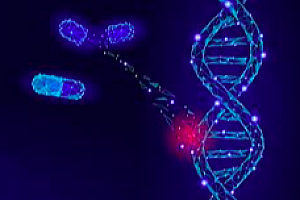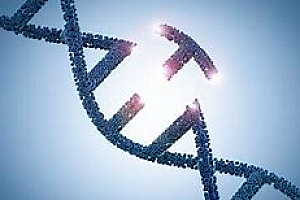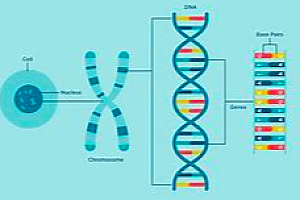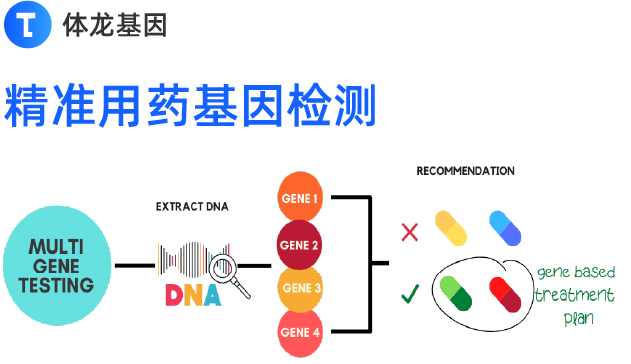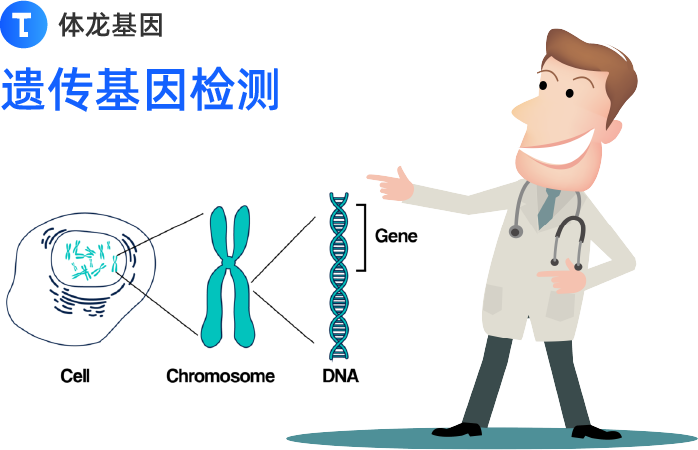基因名称:GSTM3 (glutathione S-transferase mu 3)
别名: GST5,GSTB,GTM3,GSTM3-3
基因ID:2947
Chromosome(GRCh37) :1 Start: 110276554 End: 110283660 Strand:
信号通路:
靶向药:
化疗药:
简介:谷胱甘肽s-转移酶的胞浆和膜结合形式由两个不同的表基因家族编码。目前,已鉴定出8种不同类型的可溶性哺乳动物细胞质谷胱甘肽s-转移酶:α、kappa、mu、omega、pi、sigma、theta和zeta。该基因编码属于mu类的谷胱甘肽s-转移酶。MU类酶通过与谷胱甘肽结合而在亲电化合物的解毒中起作用,包括致癌物质、治疗药物、环境毒素和氧化应激产物。编码mu类酶的基因在1p13.3号染色体上形成一个基因簇,具有高度多态性。这些遗传变异可以改变个体对致癌物和毒素的易感性,并影响某些药物的毒性和功效。这类MU基因的突变与一些癌症的轻微增加有关,很可能是由于暴露于环境毒素。选择性剪接导致多个转录变体[由RefSeq提供,2008年11月]Cytosolic and membrane-bound forms of glutathione S-transferase are encoded by two distinct supergene families. At present, eight distinct classes of the soluble cytoplasmic mammalian glutathione S-transferases have been identified: alpha, kappa, mu, omega, pi, sigma, theta and zeta. This gene encodes a glutathione S-transferase that belongs to the mu class. The mu class of enzymes functions in the detoxification of electrophilic compounds, including carcinogens, therapeutic drugs, environmental toxins and products of oxidative stress, by conjugation with glutathione. The genes encoding the mu class of enzymes are organized in a gene cluster on chromosome 1p13.3 and are known to be highly polymorphic. These genetic variations can change an individual’s susceptibility to carcinogens and toxins as well as affect the toxicity and efficacy of certain drugs. Mutations of this class mu gene have been linked with a slight increase in a number of cancers, likely due to exposure with environmental toxins. Alternative splicing results in multiple transcript variants. [provided by RefSeq, Nov 2008]
GSTM3突变与药物:



